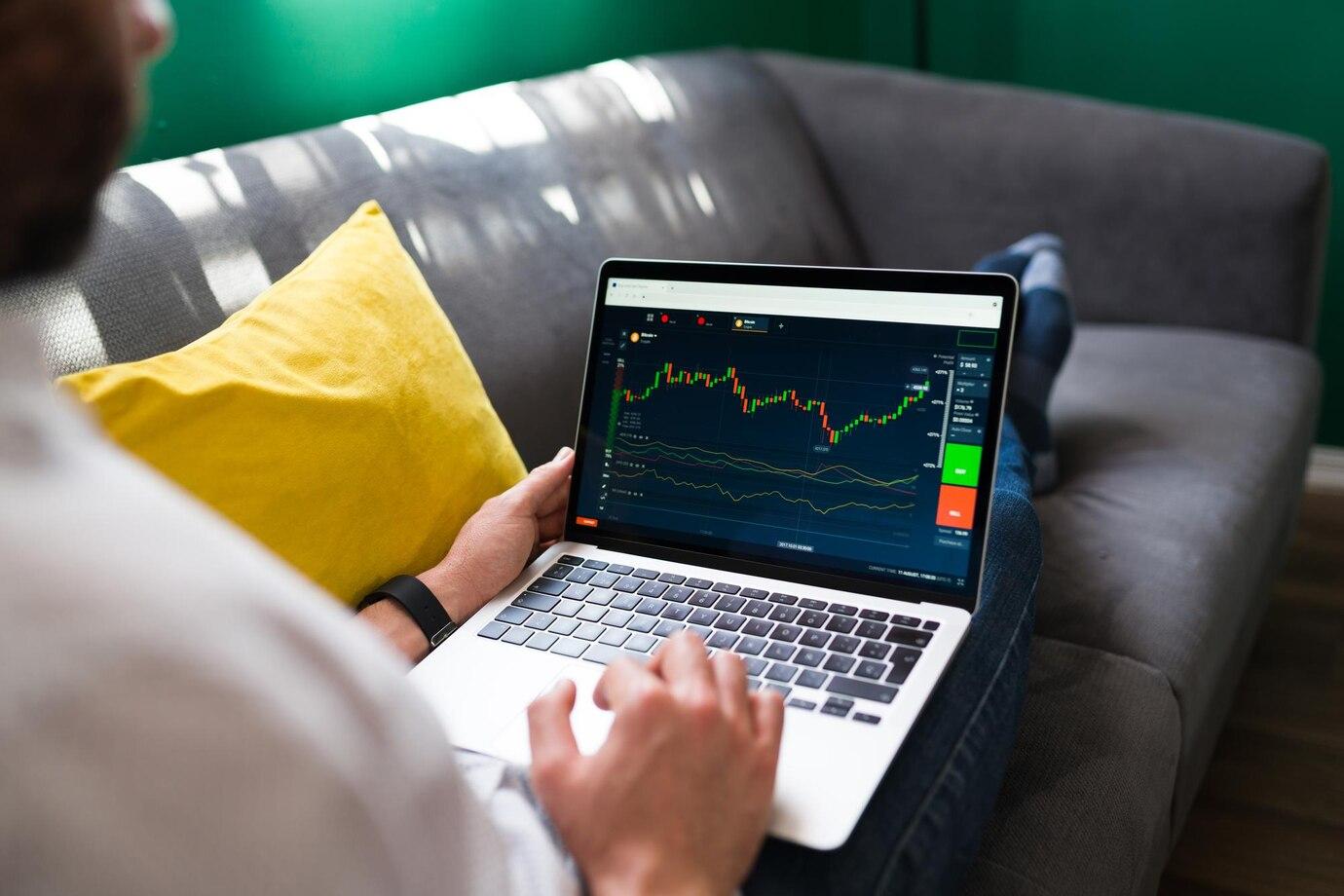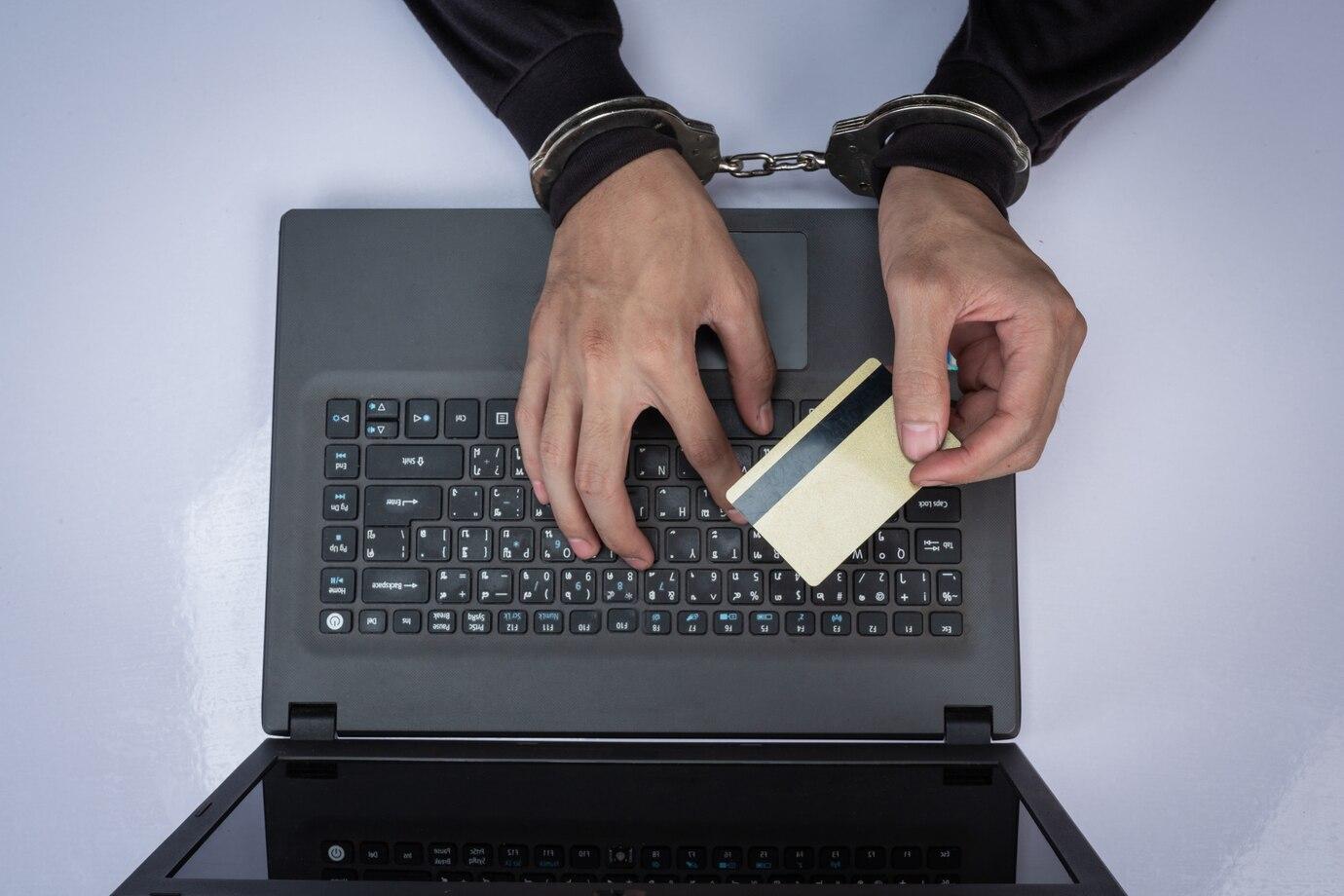Forex trading, or currency market trading, attracts many investors and traders with the possibility of quick profits. However, in this vast ocean of financial opportunities, fraudulent schemes also lurk, which can lead to serious financial losses. Choosing a reliable broker is the first and most important step towards safe trading in the market.
Main Signs of Fraudulent Brokers
Understanding the signs of dishonest broker activities is the first step to protecting yourself from financial losses. Fraudulent brokers typically use a «high earnings» scheme to attract clients, promising incredible profits without any risk. Let's look at several signs that may indicate fraud:
Deceptive Promises of High Returns
If a broker offers guaranteed profits or promises high returns in a short time, this is the first sign to be cautious. In financial markets, including Forex, nothing is guaranteed, and any legitimate broker should acknowledge this. Real investments always involve risks, and understanding this is key for traders.
Lack of Regulation and Licensing
One of the most important aspects when choosing a broker is the presence of a license and regulation. Respectable brokers have licenses issued by government bodies that regulate financial markets. If a stock or fund broker cannot provide this information, it is a signal of potential fraud. Check the registration number, name of the organization, and the country in which it operates.
Opaque Trading Conditions
Fraudulent brokers often hide trading conditions or provide excessive information in an attempt to lure clients. A clear understanding of spreads, commissions, withdrawal conditions, and any other additional charges is extremely important. If a broker cannot provide transparent conditions or the information is confusing, this may indicate fraud.

Negative Reviews and Reputation
Checking reviews about a broker on forums, specialized sites, and social networks is an important step. If there are many negative reviews about withdrawal issues, platform problems, or company unreliability, you should seriously consider the reliability of such a broker. Refer to independent rating sites for additional information.
How to Check a Broker Before Choosing
Checking a broker is an integral part of a successful start in the world of currency market trading. There are several methods that will help you assess the reliability and reputation of a broker:
- Research of Licensing and Regulation. As mentioned earlier, one of the most important aspects is the presence of a license. Study who regulates the broker, in which jurisdiction its offices are located. Companies that are easily regulated are generally more reliable. Such bodies as the FCA (UK), ASIC (Australia), CySEC (Cyprus), and others require brokers to meet strict standards, ensuring trader protection.
- Checking the Trading Platform. The trading platform is your main tool for entering the market. Check how user-friendly it is and whether it offers the functionality needed for analysis and executing trades. Constant glitches or lack of functionality can be signs of unreliability. Learn to distinguish popular platforms like MetaTrader 4 and MetaTrader 5 from less known or specific solutions that may be used by brokers with questionable reputations.

- Analysis of Customer Service. Customer service is what distinguishes quality services from unscrupulous ones. Check how quickly and efficiently the broker responds to inquiries, availability for contact, and the presence of multiple communication channels (phone, email, chat, etc.). Some brokers even offer training and support for beginners, which is a positive sign.
- Review of Educational Materials. If you are a beginner, evaluate the amount of educational materials the broker offers. Good forex brokers provide their clients with access to strategies, analytics, educational videos, and other resources that help understand the essence of the market. If your attempts to find educational materials are limited to superficial information, this may indicate a lack of attention to the client.

Trading Risks: How to Avoid Losses
Despite careful broker selection, trading will always be associated with risks. Understanding and managing these risks will help you avoid significant losses and negative experiences.
Emotional Trading
Emotions can negatively affect your decisions. Fear and greed often lead to impulsive decisions, such as over-investing or erratic trading. Developing a clear trading strategy and adhering to it will help avoid emotional trading and reduce potential risks.
Insufficient Diversification
Diversification is a tactic that helps distribute risks, but many beginners neglect it. If your investments are concentrated on only one asset, you increase the likelihood of large losses. Consider distributing your investments among different currencies or even financial instruments. This will help reduce potential risks.
Knowledge of the Market and Its Trends
Regular market analysis and understanding of current trends is an important aspect of successful trading. Keep an eye on economic news, analytics, and political events that may affect currency pairs. Without knowledge of market basics, you risk being on the verge of losses.

Conclusion
Choosing a reliable Forex broker is crucial for successful trading. Understanding the main signs of fraudulent schemes and ways to check a broker will help you make informed decisions and avoid losses. However, even with the right broker choice, always remember that trading involves risks. Emotional trading, insufficient diversification, and lack of knowledge can lead to serious losses. Practice common sense, manage risks, and always strive for learning.
